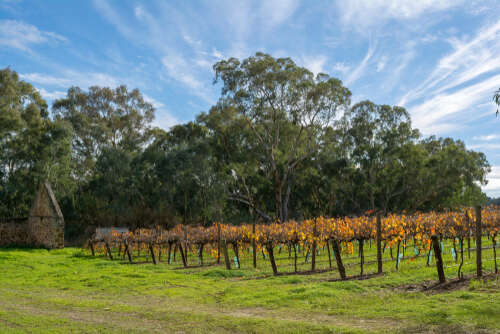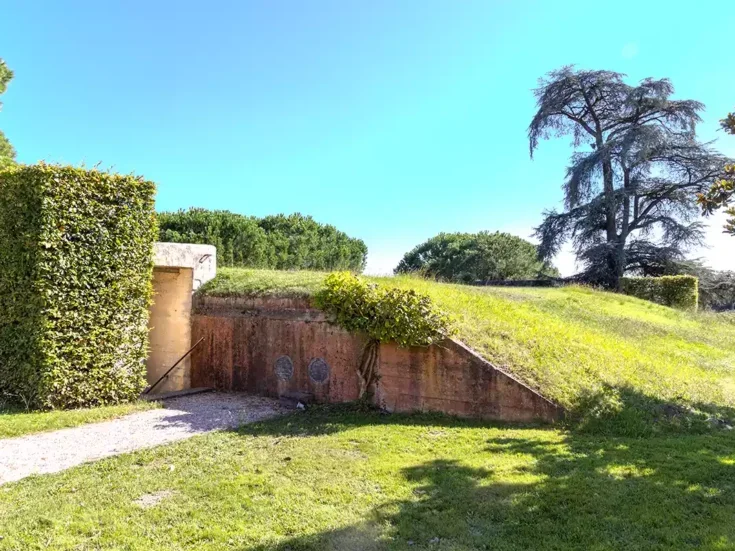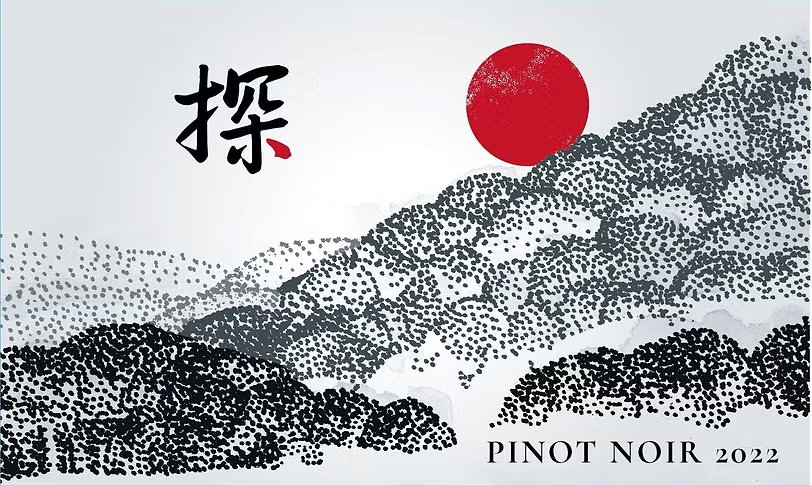
While a new manifesto by the Slow Wine Coalition has much to commend it, Nick Ryan finds a potentially fatal flaw.
Lock a dozen people in a room and give each of them a tin of paint and a brush. Some will look up and imagine Sistine beauty. They’re the creative types. Others declare the room in need of a freshen up and assiduously apply their paint to the walls. They’re the practical people who keep things ticking along. And one starts splashing the paint on the floor with broad brushstrokes, not stopping until they’ve backed themselves hard into a corner. That’s the one who works in wine.
It’s hard to think of another business that tries harder to petrify its virtue through rigid regulation. Be it the gospel of appellation or wild-eyed naturalist dogma, never let it be said that this industry, born from the randomness of fermentable good fortune, doesn’t love a firm set of rules. Does any other endeavor requiring at least some level of artistry try so hard to seek beauty through bureaucracy?
It’s a question I asked myself recently when stumbling across another example of the heavy hand of good intentions. This one came from the Slow Wine Coalition, an offshoot of the wider Slow Food Movement. It was titled Slow Food Manifesto for Good, Clean and Fair Wine.
Despite the gnawing feeling that a “manifesto” is something best scrawled in a university dorm room as a tattered poster of Che Guevara peels away from the walls and drapes over the authorial head, this is actually a document of some reasonable merit. Its ten commandments (my term rather than theirs, though the number is no coincidence, I’m sure) are mostly sensible. To be considered a good, clean, and fair wine in the Slow Wine world view, a producer must forgo chemically synthesized fertilizers and herbicides in the vineyard, and never yield to manipulative methods of must-concentration in the cellar.
I’ve no issue with that. There are several stipulations I vigorously applaud. “Wineries should actively engage and collaborate with the entire surrounding farming community in order to strengthen and enhance the agricultural system of the area.” Bravo. And this one, proving that didacticism and actual concern for how a wine tastes don’t have to be mutually exclusive: “The wines must be free of any winemaking defects, as they tend to homogenize the wines and stamp out any regional identity.”
But there’s one stipulation—in fact, it’s the very first one, coming before directives about sustainability and working for greater biodiversity in and around vineyards—that I find really problematic. It reads: “Wineries must grow a minimum 70% of the grapes used in the production of their wine themselves.”
For a start, the number seems arbitrary, and the fact that the declaration is followed with “Exceptions are given for regions in which widespread sourcing is common, e.g. Madeira, Napa Valley, the south of Spain, etc,” undermines it immediately. Is a declaration built on a random number and overrun by exceptions worth the stone into which it seeks to set itself?
Even putting all that aside, the thinking is still flawed. While the ideal of the “closed loop” vigneron making wines from their own deeply understood vineyards is worth acclaiming, title deeds in the top drawer don’t guarantee winemaking success. The key that opens a vineyard’s front gate doesn’t necessarily unlock its deeper secrets.
Slow Wine writ large
Reading this manifesto through just an Australian lens, I came up with dozens of the most exciting, intuitive, principled, and nimble winemakers I know who nobly meet all the criteria for “good, clean, and fair” wine, but fail this cumbersome question of ownership.
Partly it’s a question of capital. While the multi-generational wine families, conceiving under canopies and continuing proud traditions, will always be vital to the wine world, so, too, are the new blood and new thinking that come with young winemakers sourcing a tonne or two here and there and forging their own path. Welding winemaking virtue to vineyard ownership seems to undervalue the mutually elevating relationship that can exist between winemakers and grape growers.
Nowhere is that more evident than the Barossa Valley. More than any other New World region I know, the Barossa is a portal to the old. It is the principles of Slow writ large and lived daily. This is a place where serious arguments can break out over which grape variety’s fermenting must should be used to make the harvest time desert Rote Grütze. (The right answer is Mourvèdre. But here, you better call it Mataro.)
Entries of pickles and preserves into local agricultural fairs number in the hundreds and come from every section of the community, while Australia’s only remaining kegelbahn (a nine-pin bowling alley, harking back to 19th-century Silesian settlers) still hosts keenly contested competitions several nights a week. You can still hear a local dialect, “Barossa Deutsch,” spoken in the streets by some of a certain age, many of whom have never needed a passport.
This is a place where octogenarians work the vineyards their grandparents planted. They still call them their “gardens.” There are more than 500 registered grape growers in the Barossa. The majority have never made a wine they haven’t consumed themselves. It is the relationship between these growers and the winemakers who cherish them that is the fine-twined fabric of a community falling well short of what the Slow Wine Coalition has declared necessary to produce Good, Clean and Fair wine. No doubt that news will come as a great surprise to some of these old Barossans.
When the carrier pigeon arrives.






